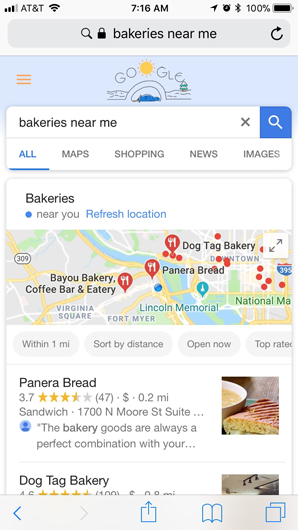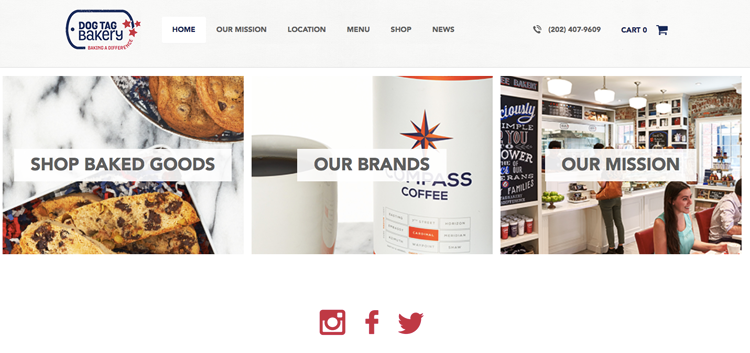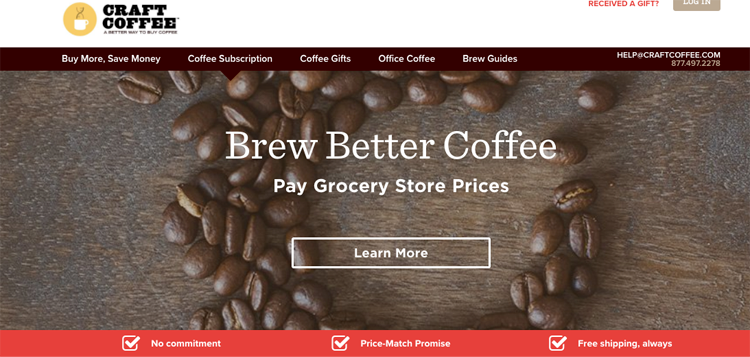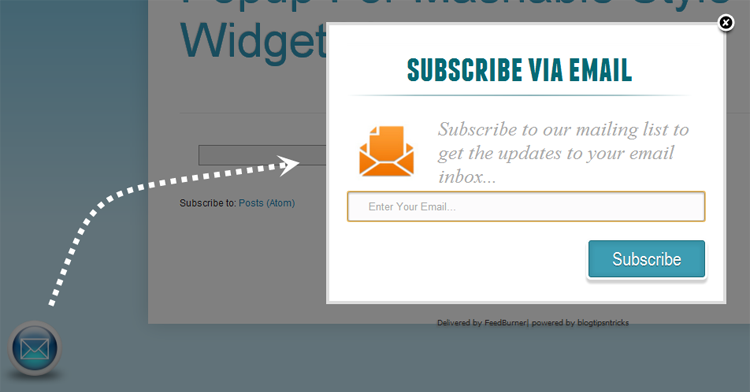Why Should Small Businesses Create a Website?

Why Should Small Businesses Create a Website?
Nearly 40% of small businesses do not have a website in 2018. Learn 5 benefits of creating a low-cost website for your business.
Did you know that 85% of consumers use the internet to find a local business?
Consider your personal search habits. When you need a nonessential product such as a candle, or are on vacation and need to find a restaurant near you, what do you do?
You turn to Google, conduct a quick search, and see what shows up in the search results. Nearly everyone (97%) will look for reviews of the businesses that pop up in search results too.
This scenario shows that having an online presence through a website, social media, and third-party reviews is becoming more important for businesses of all sizes.
For small or local businesses in particular, creating a website is crucial for attracting a loyal audience and growing over time. However, 36% of small businesses do not have a website, and not all of these businesses plan to build one in the future.
If you’re on the fence about investing in a website in 2018, here are 5 benefits of building a website for your small business.
1. Show Up in Local Search Results
People rely on search to find local businesses, so to compete with large chains, you need to show up in local search results.
If your business isn’t online and relies on word of mouth or traditional advertising to attract new customers, you’re likely missing out on potential customers.
You can optimize a simple website to show up for near me searches in Google in 9 steps.
Let’s say you own a bakery in Washington, DC. If you don’t have a website, you won’t show up when a tourist, wandering through the National Mall, searches for “bakeries near me.”

Panera Bread, a large restaurant chain, shows up first, but Dog Tag Bakery, a local café run by veterans, is the second result.
Dog Tag Bakery’s website is simple. It has a homepage that features its products – coffee, baked goods, tea – and additional pages that highlight its mission, how to get in touch, an online store, and news.

This shows that your business can attract new customers with a simple, up-to-date website that shows up for local searches.
2. Create the Foundation for Your Digital Marketing Strategy
A website is the foundation of your digital marketing strategy.
It’s where customers go to find information about your business, products/services, and employees. It’s what journalists or bloggers link back to. It’s part of your marketing campaign.
Why can’t a social media profile replace a business website?
While creating a Facebook, LinkedIn, Twitter, or Instagram page for your business is a great idea, social media alone is not enough.
If you only rely on third-party platforms to build your online presence, it becomes harder to control your brand’s visibility online.
Take Facebook’s recent algorithm change as an example. Now, all posts from brands will be deemphasized unless they elicit a meaningful interaction. This means your business has to change its strategy for engaging customers on Facebook.
Instead, create social media profiles and link to them from your website in the footer.
![]()
Website visitors will know how to find you on social media if you feature linked social profile icons on your site.
3. Showcase Your Products and Services
With more consumers preferring to find and buy products online, having a website that showcases your products and services is important.
It creates two opportunities:
- Customers will find your products online and purchase them instantly
- Customers will find your products online and then visit your store to make a purchase
For example, Handmade Habit, a soy candle company, is a small e-commerce business run by Amina Ahmad. Without a brick-and-mortar storefront, Ahmad relies on her website to attract visitors and convert them into paying customers.
She pays special attention to her candles’ product descriptions.

Each description includes the ingredients, scents, weight, and burn time.
Using your website to sell products online comes with challenges, such as handling shipping costs and managing inventory, but it’s important at least to showcase your products on your website.
Consider this: While shoppers made 51% of their purchases online in June 2016, there are still nearly 50% of shoppers who made a purchase in a store.
Even if a consumer views your products online and doesn’t buy them, they are more likely to remember your business the next time they need what you sell.
4. Improve Your Business’s Credibility
Having a website proves your credibility. It reassures users that your business is legitimate and explains why your business is valuable.
For example, from the first content on its homepage, coffee discovery service Craft Coffee tells website visitors why its products are valuable: They “brew better coffee” at “grocery store prices.”

Craft Coffee’s website goes on to explain how the service works: what they sell, how it’s delivered, and cost.
The homepage closes out with testimonials from former customers. These reviews show that past customers bought from Craft Coffee and had a positive experience.
5. Collect Customer Information
A business website is a platform for learning about your audience (and potential audience.
It opens an opportunity to collect information about your customers and then tailor your interactions to their preferences.
For example, collect email addresses of site visitors to learn who about who visits your website.

Then, communicate with them through a regular newsletter. Use this email list to share special offers and promotions and advertise new products or offerings.
Websites Are Worthwhile Investments for Small Businesses
Websites are valuable for any business, large or small.
They help you be found online by potential customers, connect with existing customers directly through social media and email, and market your products/services.
But, are websites a worthwhile financial investment for small businesses?
Yes! About 30% of small businesses that have a website spend less than $500 every year to launch and maintain the site.
And, if you don’t want to hire a web designer or web developer to build one from scratch, there are other options, too. Services like SquareSpace, Wix, and Weebly allow you to build your own website for free, without any coding experience.
